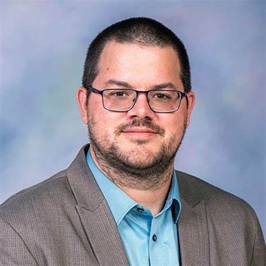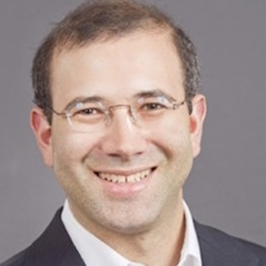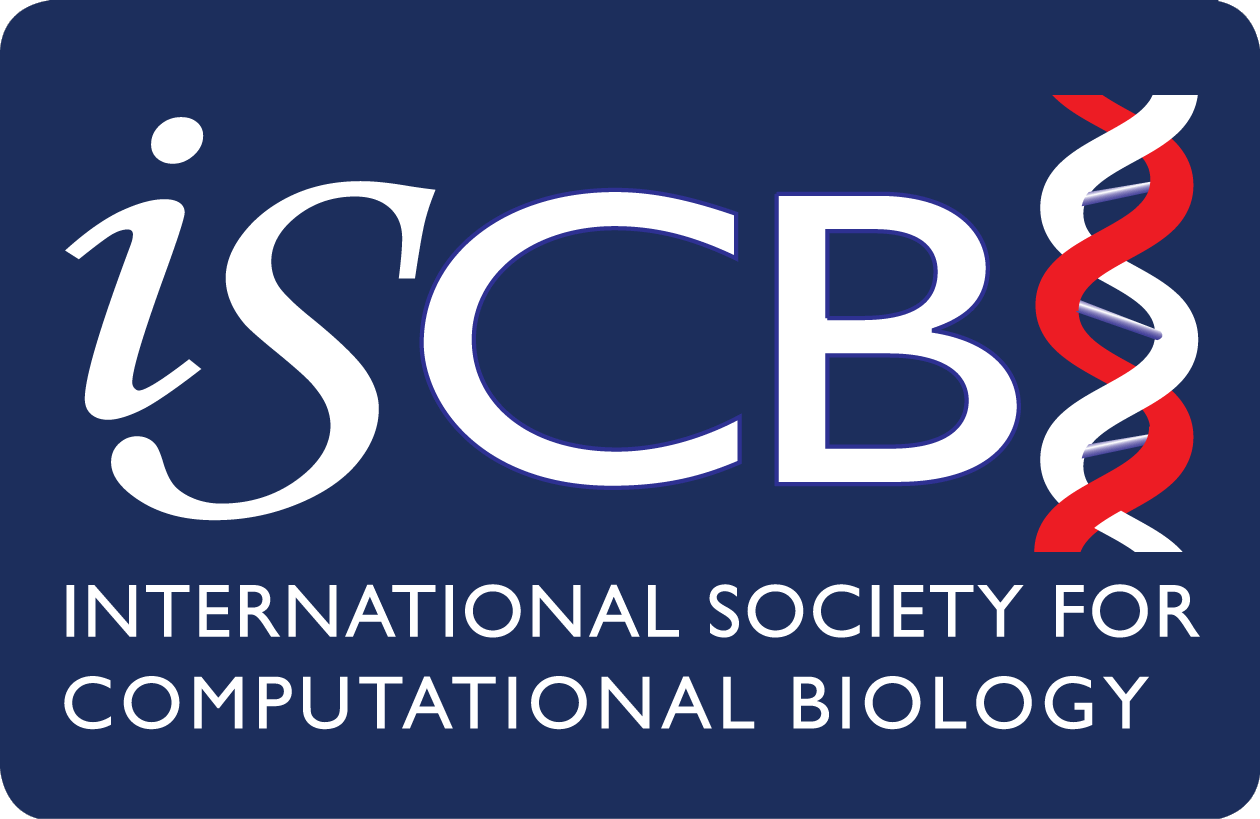Links within this page: Fritz Sedlazeck | Steven Brenner | Xuegong Zhang | Hyun Uk Kim | Noam Shomron
 Fritz Sedlazeck
Fritz Sedlazeck
Baylor College of Medicine
https://fritzsedlazeck.github.io/
Dr. Fritz Sedlazeck is an Associate Professor at the Human Genome Sequencing Center at Baylor College of Medicine and an Adjunct Associate Professor at Rice University. His research focuses on algorithmic developments and high-performance computing for genomic and genetic applications. Specifically, he studies ways to improve the characterization of complex genomic alterations between individuals’ genomes based on large genomic sequencing data and as such improve our understanding of complex phenotypes such as human diseases.
 Steven Brenner
Steven Brenner
UC Berkeley
https://compbio.berkeley.edu/
Steven Brenner’s research is primarily in the area of computational genomics, including genome variation interpretation, genomic privacy, RNA regulation, protein structure evolution, and function prediction. He has a particular interest in the use of genome sequencing in newborns for population screening and new methods for genomic diagnosis.
Brenner’s undergraduate research was in the first genome laboratory, mentored by Walter Gilbert at Harvard. He received his M.Phil. from the Department of Biochemistry at Cambridge University, and earned a Ph.D. from the University of Cambridge and the MRC Laboratory of Molecular Biology where he studied with Cyrus Chothia. Brenner had a fellowship at the Japan National Institute of Bioscience, followed by postdoctoral research supervised by Michael Levitt at Stanford University School of Medicine.
Brenner has a commitment to supporting open science and development of a diverse, inclusive scientific community. He is currently a member of the ClinGen Sequence Variant Interpretation Working Group and Chair of the Computational subgroup, a director of the Human Genome Variation Society, and a chair of the HUGO Pathogenicity Committee. He was founding chair of the Computational Biology graduate program at Berkeley, a founding editor of PLoS Computational Biology, a founding chair of the Global Alliance for Genomics and Health’s Data Working Group Variant Annotation Task Team, and was a founding director of the Open Bioinformatics Foundation, His recognitions including being a Miller Professor, a Sloan Research Fellow, a Searle Scholar, an AAAS Fellow, an ISCB Fellow, and a recipient of ISCB’s Overton Prize.
 Xuegong Zhang
Xuegong Zhang
Tsinghua University
http://eca.xglab.tech/member/index.html
Xuegong Zhang is Professor of Pattern Recognition and Bioinformatics in the Department of Automation, Tsinghua University, and Adjunct Professor of the School of Life Sciences and Tsinghua Medicine. He received his BS degree in 1989 and his Ph.D. degree in 1994 both from Tsinghua University, after which he joined the faculty of Tsinghua University. He was a visiting scientist at Harvard School of Public Health in 2001-2002 and 2006, and was a visiting scholar at University of Southern California in 2007. His research interests include machine learning, human cell atlas, intelligent precision medicine, AI foundation models and digital life systems. His early work on detecting differential gene expression from very small samples has been widely used in many labs across the globe, and his leading work on AI foundation models for single-cell transcriptomics put him as a pioneer of current AI biology. Dr. Zhang was elected as ISCB Fellow and CAAI Fellow in 2020, and was elected as the Vice President of ISCB in 2024. He is currently the co-Editors-in-Chief of the journal Quantitative Biology, the Vice President of ISCB, Chair of ISCB-China, and Chair of the Committee of Intelligent Health and Bioinformatics of Chinese Association of Automation (CAA).
 Hyun Uk Kim
Hyun Uk Kim
KAIST
https://pure.kaist.ac.kr/en/persons/hyun-uk-kim
Prof. Hyun Uk Kim is an Associate Professor at KAIST, affiliated with the Department of Chemical and Biomolecular Engineering and the Graduate School of Engineering Biology. He obtained his B.Sc. (2005) from Yonsei University and his M.Sc. (2007) and Ph.D. (2011) from KAIST. His research focuses on bio-big data and AI-driven systems biology, with applications in synthetic biology/metabolic engineering and precision medicine. He has published 98 scientific papers. His recent work includes the development of DeepEC, a deep-learning model for enzyme function prediction (PNAS, 2019); DeepMGR, a deep-learning model for predicting gene expression patterns under specific microbial culture conditions (Computational and Structural Biotechnology Journal, 2023); prediction of oncometabolite candidates (Genome Biology, 2024); A machine learning framework for extracting biological pathway information from large-scale literature sources (Metabolic Engineering, 2024); and prediction of multi-drug responses using electronic health records (Computers in Biology and Medicine, 2025). He has received several awards, including the KAIST College of Engineering Technology Innovation Award (2019) and the Impact Research Award (2019, 2021–2024). In 2021, he was appointed as a Kwon Oh-Hyun Associate Professor and received the Young Scientist Award from the Korean Society for Biotechnology and Bioengineering in 2020. He has been an invited/keynote speaker at international conferences, including Metabolic Engineering 15 (Singapore, 2023), The Automated Scientist by the Novo Nordisk Foundation (Denmark, 2024), and the 1st Asia & Pacific Bioinformatics Joint Conference (APBJC2024) (Japan, 2024).
 Noam Shomron
Noam Shomron
Tel Aviv University
https://en-med.tau.ac.il/profile/nshomron
Noam Shomron is passionate about using basic science to advance better healthcare. He is a Professor of Digital Medicine and Functional Genomics at the Faculty of Medical & Health Sciences at Tel Aviv University after training at MIT. He leads a multidisciplinary team of scientists that develops computational methods for parsing big data in the bio-medical field using Artificial Intelligence. Noam published hundreds of peer-reviewed publications on multiple genomic fields; Editor of ‘Deep Sequencing Data Analysis’ book (Springer, Edition I 2013, and II 2021); Director of Djerassi Institute of Oncology; Academic Director of ‘ScienceAbroad’ (NPO); ranked Major in the army forensic lab; Co-founder of several Biotech and Digital Medicine companies: Variantyx, GotSho, IdentifAI, Everly Bio, 4nZOK, among others.








